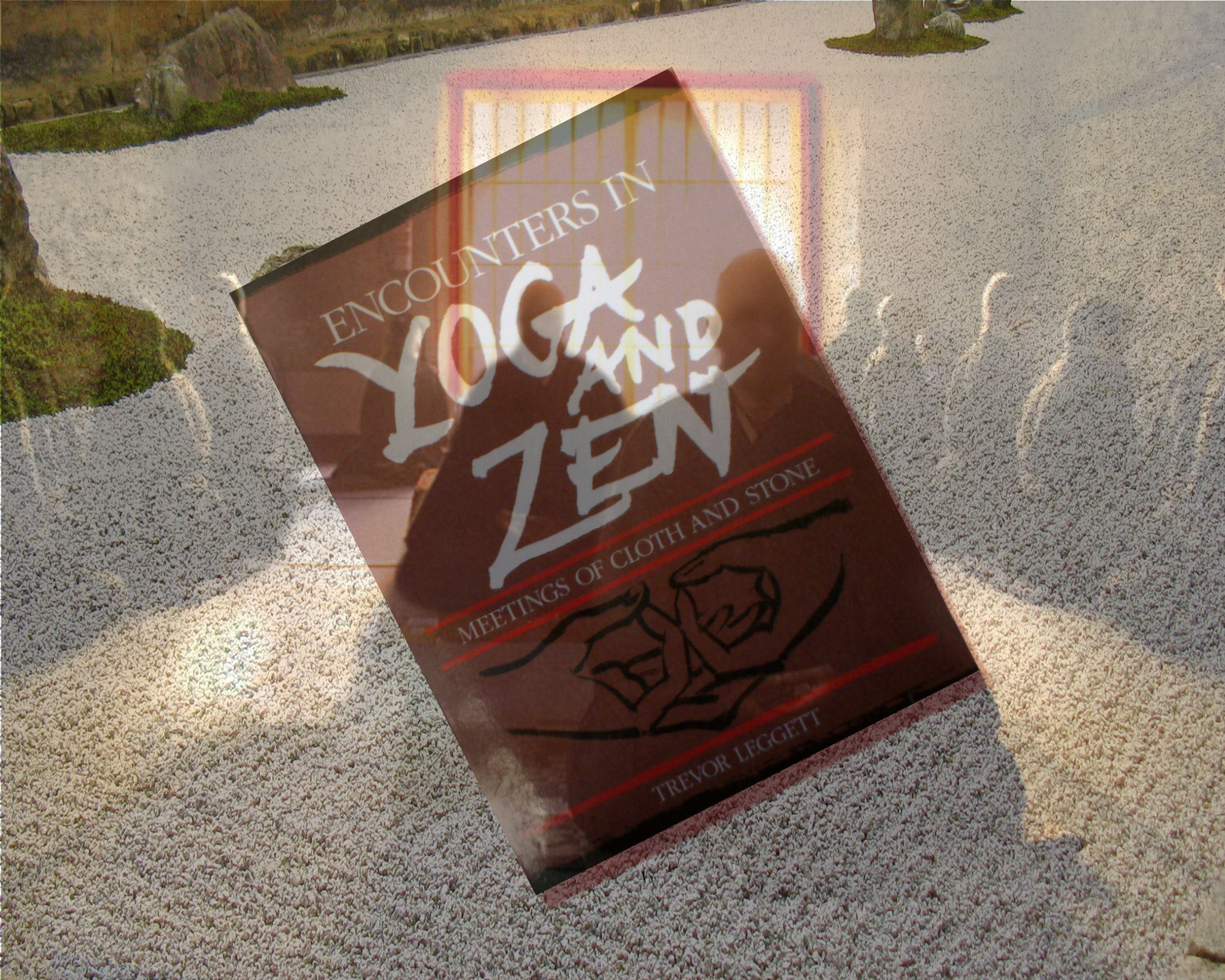Information -The Story Behind the Film |
 |
A Man of The Ways
A Judo
Legend, MI6 operative and wartime captive of the Japanese, Trevor
Leggett assumed prominence in BBC radio and became an inspiration to
countless students of Yoga and Zen through his avid writing and personal
spirituality. ‘A Man of the Ways’ is a celebration of his work and a
tribute to his centenary, marking a milestone for his followers and an
opportunity to extend his message to the next generation.
Trevor
Pryce Leggett, was perhaps the most influential Englishman in the
development of Judo in the UK studying directly under Tani and Koizumi,
the first Japanese teachers to come to the British Isles and when
invited to the Kodokan, the Japanese birth place of Judo, in 1939,
progressed to become the highest non-Japanese grade in the world.
Leggett
studied judo with the intensity and commitment which he applied to every
field of his life, becoming an accomplished judoka, revered teacher and
the author of many books on technique.
Whilst attaining the title of Shihan and eventual grade of 9th
Dan, Leggett did not believe in glorifying title and grade level – skill
was more important than the colour of one’s belt and there was no shame
in becoming a beginner again.
He would
refer to ‘beginner’s mind’ as a state in which one could humbly look at
a situation afresh free from prejudice and preconceived ideas.
He
believed in ‘Judo for life’ and applied the same philosophy derived from
Yoga and Zen to his physical practice, drawing out the best in his
pupils and encouraging them to better themselves.
Leggett
began meditating at the age of fourteen and as a young man of 23 he met
his most influential teacher Dr Hari Prasad Shastri to whom he devoted
most of his spiritual
achievements for the rest of his life.
When Dr
Shastri encouraged him to go to Japan, Leggett studied and became fluent
in Japanese and entered the Rinzai Zen temple of Enkakuji in Kamakura.
Leggett’s book ‘The Warrior Koans’ or Samurai Zen brought
together 100 rare riddles which had been guarded with reverent secrecy
in Japan's Kamakura temples since the thirteenth-century.
Representing the core spiritual discipline of ancient Samurai tradition
they reflected the earliest manifestation of pure Zen in Japan.
Like the
ancient teachers of the Samurai, Leggett used analogies from the Martial
arts in helping his students to achieve Zen meditation free of intrusive
thoughts.
We explore
Leggett’s life through glimpses of archive martial arts footage and
experience his teachings by use of his own recordings and
reconstructions of his stories which he would use
as parables and koans to bring Zen and Yoga principles into his
students reality.
In
addition to his writing, he was also an entertaining raconteur who could
hold a group spellbound by his tales of wartime exploits, his time in
MI5 and in Japanese internment. In the BBC he would interview famous
personalities from all works of life but he would never ‘boast’ or name
drop. Much of his life he held as very private and his many achievements
arose from hard work and against many obstacles which fact he did not
broadcast. Many of us were
aware of small aspects of his life and in producing this tribute we have
tried to put together some of the pieces of the puzzle.
Trevor Leggett published over 30 books and
continued
to write to the end of his life despite advanced age, failing health and
blindness. Despite his prolific writings, he was largely camera shy and
a dearth of visual material necessitated the use of reconstruction and
animation in the telling of his story. Our graphics and animation are
very much in keeping with the Zen tradition and illustrate some of his
favourite stories and koans.
Leggett
died of a stroke in the early morning on 2 August 2000 and at his
funeral the best epitaph there could be was
a passage from his last book 'The Old Zen Master' -
"We can learn a lot of other things from
music. You do not hang on to a chord no matter how beautiful. You do not
regret the end of a piece of music. The piece is played and comes to a
natural end. In the same way a life is played."
He would say that one may fear
dying but that at the moment of death a doorway opens and as the dying
looks through there is a smile …
at last one can rejoice in ‘wearing new robes’.
The original music in our production includes the title track ‘A Man of
the Ways’ and closing
credits with ‘New Robes’.





